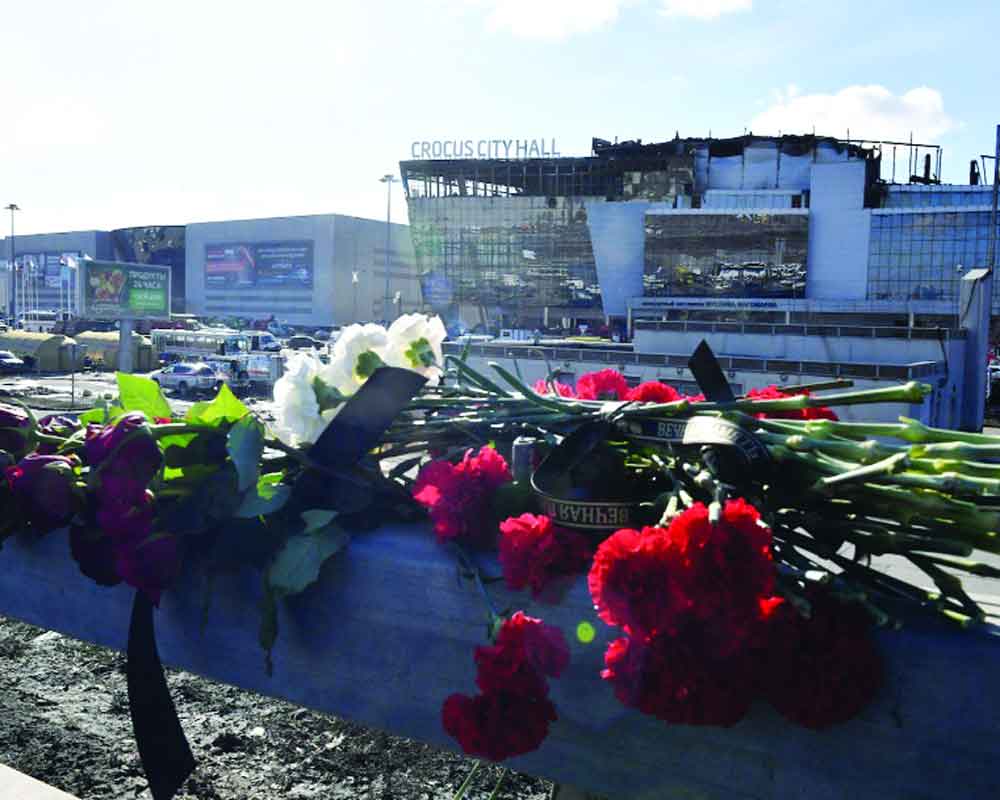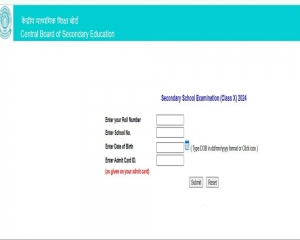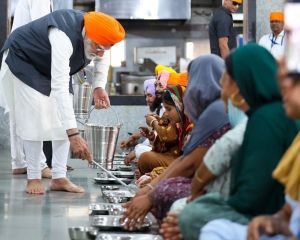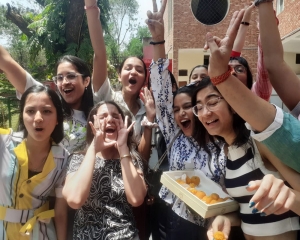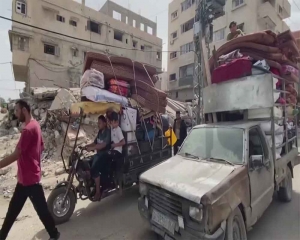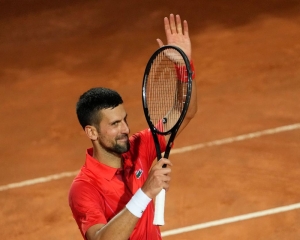The recent ISIS-K attack outside Moscow has elicited widespread condemnation and intensified global anxieties surrounding terrorism
The recent ISIS-K (Khorasan) claimed attack outside Moscow, resulting in over 130 deaths and more than 100 injuries, warrants strong condemnation. Khorasan, a splinter unit of ISIS with roots in Iran, Turkmenistan, and Afghanistan, highlights four critical lessons. Firstly, politics, as observed by Thomas Hobbes in ‘Leviathan,’ remains deeply intertwined with human nature, with greed and fear driving conflicts. Despite global changes, power struggles persist, leading to conflicts like World War I and II. The post-World War II era witnessed the emergence of non-state actors, exacerbated by the Cold War and subsequent conflicts.
Secondly, intervening in internal conflicts, such as Russia’s support for Assad against ISIS, can breed enmity and fuel terrorism. Thirdly, while international terror groups may appear subdued, they can resurge with renewed vigour, forming clandestine links in Central Asian Republics. Lastly, any retaliation against ISIS should involve cooperation with neighbouring countries to prevent spillover effects. This attack is reminiscent of past incidents in Russia, such as the 2002 Moscow theatre hostage crisis and the 2004 Caucasus hostage tragedy. The recent attack underscores vulnerabilities in Russia’s security apparatus, with terrorists exploiting the ability to choose the time and place of their attacks for maximum media impact.
The global criticism of the attack reflects widespread concern over combating international terrorism. The US, despite geopolitical tensions, has shown commitment to addressing terror threats worldwide. However, trust deficits between major powers hinder cooperation efforts. While Ukraine denies involvement, the Federal Security Agency (FSB) is apprehensive about Ukrainian links to the attack, potentially complicating the ongoing conflict. China’s expanding influence in Central Asia further complicates regional dynamics.
Central Asian Republics (CAR) face increasing terrorism threats, with non-state actors exploiting cultural ties for nefarious purposes. This underscores the need for multilayered security cooperation and technological innovation to combat terrorism effectively. Despite efforts by intelligence and security agencies, challenges remain in dealing with terrorists driven by religious misinterpretations. The influx of refugees from neighbouring countries adds complexity to the security landscape. Efforts to combat terrorism through collaboration, such as the Samarkand meeting, offer hope for regional stability. However, economic disparities and inconsistent Government policies contribute to vulnerabilities in the region. The presence of international Islamist terrorist organisations like Hizb Ut-Tahrir poses significant security challenges. Despite anti-terrorist drives, Central Asian states have attempted to export terrorism to conflict zones like Iraq, Afghanistan, and Syria.
The recent influx of illegal migrants and increased terrorist activities have compelled China and Russia to seek cooperation in tackling transnational terrorism. Rise of fundamentalism in Central Asia poses an international reality, fueled by disgruntled groups and external influences. Central Asia’s strategic importance and rich resources make it crucial for global security. The US has recognised CAR’s strategic significance for regional stability. Efforts to improve economic prowess and security capabilities in Russia and CAR require coordinated action and cooperation. Economic transformation hinges on fighting inflation and developing robust anti-terrorism mechanisms. It’s crucial to recognise that the issues of law and order differ from those of terrorism, despite often being conflated. Policymakers must understand the diverse security threats facing nations today and adapt strategic policies accordingly. Modern terrorists are highly organised and professional, necessitating a shift towards more vigilant and assertive intelligence, police, and paramilitary networks.
Many recommendations from various committees may not align with current realities, especially considering India’s struggles with terrorism, naxalism, and insurgency. It’s outdated to attribute terrorism solely to societal conditions or structural adjustments. Instead, a thorough analysis of the psychological factors driving terrorism can offer deeper insights and guide effective counterterrorism strategies. Understanding the financial links between terrorism, organised crime, arms dealers, drug traffickers, and smugglers is crucial. Special forces should be deployed to counter terrorist activities in regions where violence is endemic. Collaborative efforts among nations are essential to develop strategic mechanisms for combating international terrorism, with the United States and India playing pivotal roles.
Addressing the multifaceted challenges posed by terrorism demands a nuanced approach that differentiates between law and order issues and acts of terrorism. Policymakers must acknowledge the evolving nature of security threats and adapt strategic policies accordingly. Vigilant and assertive intelligence, police, and paramilitary networks are vital in countering the sophisticated tactics employed by modern terrorists. Understanding the financial networks that sustain terrorism is equally crucial for effective counterterrorism efforts. As terrorism continues to pose a global threat, collaborative efforts among nations are essential. In this endeavour, the US and India can play pivotal roles, leveraging their resources and expertise in the fight against terrorism.
(The writer is recipient of the Bharat Gaurav Award, is a Professor and strategic affairs expert; views are personal)













